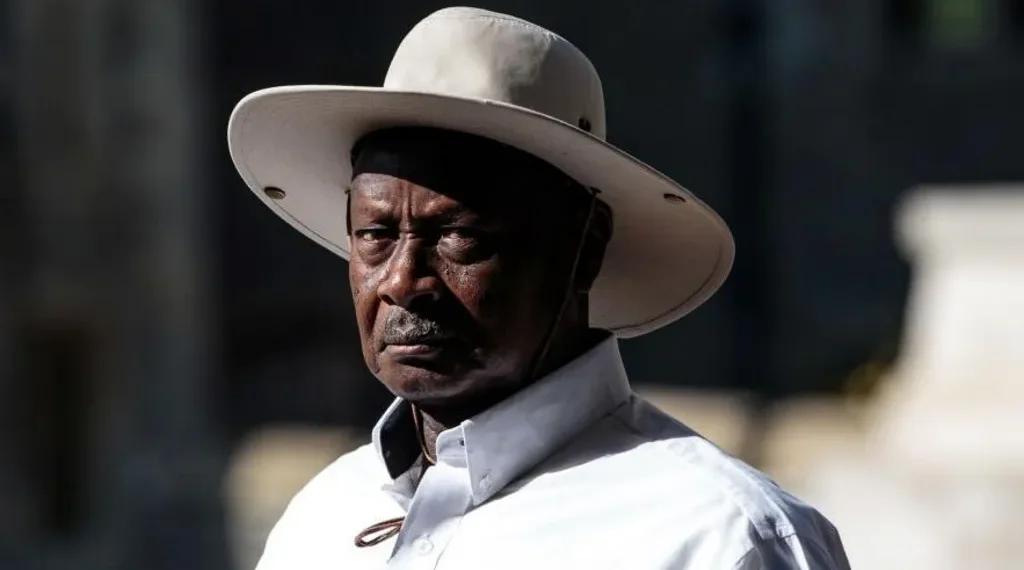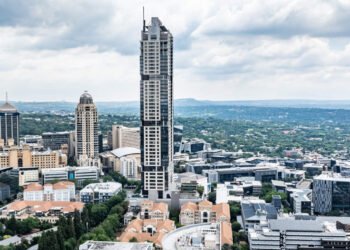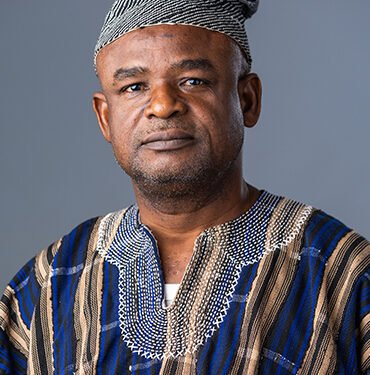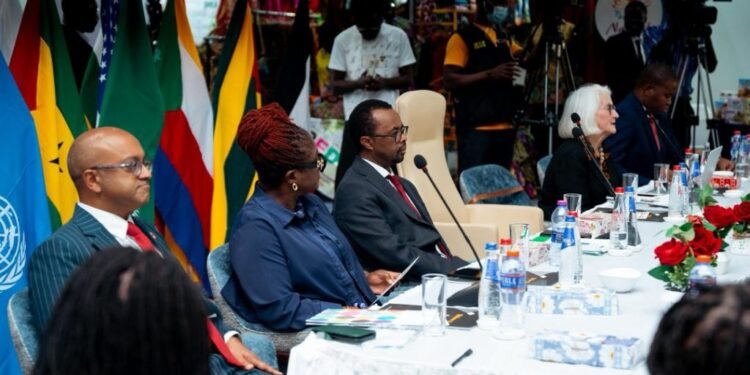Uganda’s political landscape is bracing for yet another tense election season, with President Yoweri Museveni officially set to run for another term in the January 2026 general elections. A senior official of the ruling National Resistance Movement (NRM) confirmed that Museveni will once again contest for leadership, extending his already nearly 40-year grip on power.
The confirmation, though widely expected, is the first public statement from within the NRM about Museveni’s intention. Tanga Odoi revealed that Museveni will collect “expression-of-interest forms for two positions, one for chairperson of the party and the other to contest if he is given chance for presidential flag bearer.” He is scheduled to pick up the forms on June 28.
Museveni, 80, has led Uganda since 1986, making him the fourth-longest-ruling leader on the continent. His presidency has been extended over the years through constitutional amendments initiated by the ruling party, first scrapping term limits in 2005, then removing the age cap in 2017. Uganda’s January election will also determine the makeup of the country’s parliament.
The electoral stage appears set for a rematch between Museveni and his most prominent rival, pop star-turned-politician Bobi Wine. Wine, whose real name is Robert Kyagulanyi, finished second in the 2021 elections and has confirmed his candidacy for 2026. He has continued to challenge the integrity of Uganda’s electoral process, maintaining that the 2021 results were rigged through “ballot stuffing, intimidation by security forces and other irregularities.”
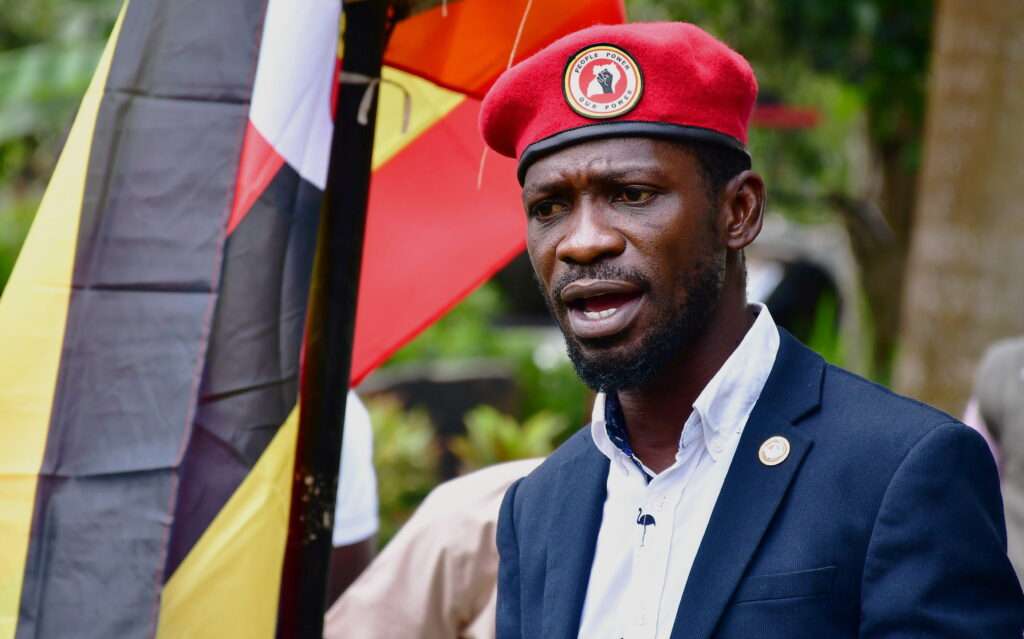
As the 2026 polls draw closer, Uganda is experiencing growing political unrest. The government’s aggressive stance toward opposition figures has drawn both domestic and international condemnation. An example occurred in late 2024, when opposition figure Kizza Besigye and his aide were abducted in Nairobi, forcibly returned to Uganda, and arraigned before military courts on charges of threatening national security. The episode, widely viewed as an act of extraordinary rendition, underscored the state’s increasingly militarized approach to dissent.
Yet, even as Museveni tightens control, the opposition is not without fault. Many Ugandans are disillusioned by what they see as the self-serving nature of opposition leaders. Constitutionally mandated to hold government accountable, some opposition Members of Parliament have been criticized for enjoying the privileges of power without challenging its abuses. These include generous salaries, government-funded vehicles, and personal security details, benefits seen as weakening their legitimacy.
Auditor General reports have also revealed corruption within opposition parties. Misappropriation of funds, unaccountable spending, and allegations of internal mismanagement have further tarnished their image, making it difficult for them to present a unified and credible alternative to Museveni’s rule.
Opposition Faces Internal Credibility Crisis
Parallel to the political turbulence is an economic crisis that is weighing heavily on Uganda’s development prospects. The Supplementary Appropriation Bill 2025, which allocates nearly 10% of the national budget to opaque expenditures, has provoked criticism across the political divide. It is viewed by many as a vehicle for elite capture and institutionalized corruption. From inflated contracts and “ghost” workers to lavishly funded but ineffective foreign missions, the bill reflects the entrenched fiscal indiscipline that has long plagued Uganda’s public sector.
High-profile scandals such as the mismanagement of the Karuma Dam project and irregularities in Uganda National Roads Authority (UNRA) contracts have further eroded trust. These failures are symptomatic of systemic corruption, where national resources are siphoned away from public goods and into private pockets.
Economic performance is also faltering. While Uganda’s GDP grew by 6.3% in 2024, projections for 2025 have been downgraded to 4.4%. The decline is driven by reduced government consumption, shrinking foreign aid, and increasing debt obligations. Resources that could fuel development are instead being diverted toward defense and debt servicing, with much of the defense budget spent on imported military hardware.
International financial support has been cut back, with key aid and credit lines suspended. This has tightened Uganda’s fiscal space and compounded its economic woes, limiting the government’s ability to address social needs or stimulate growth.
In a climate marked by repression, economic distress, and a discredited opposition, civil society remains the last bastion of resistance. But as security forces tighten their grip and corruption corrodes institutions, the road to genuine democratic reform remains steep and uncertain ahead of the 2026 elections.
READ ALSO: Police Dismantle Kumasi Vehicle Theft Syndicate, Robbery Suspect Arrested

